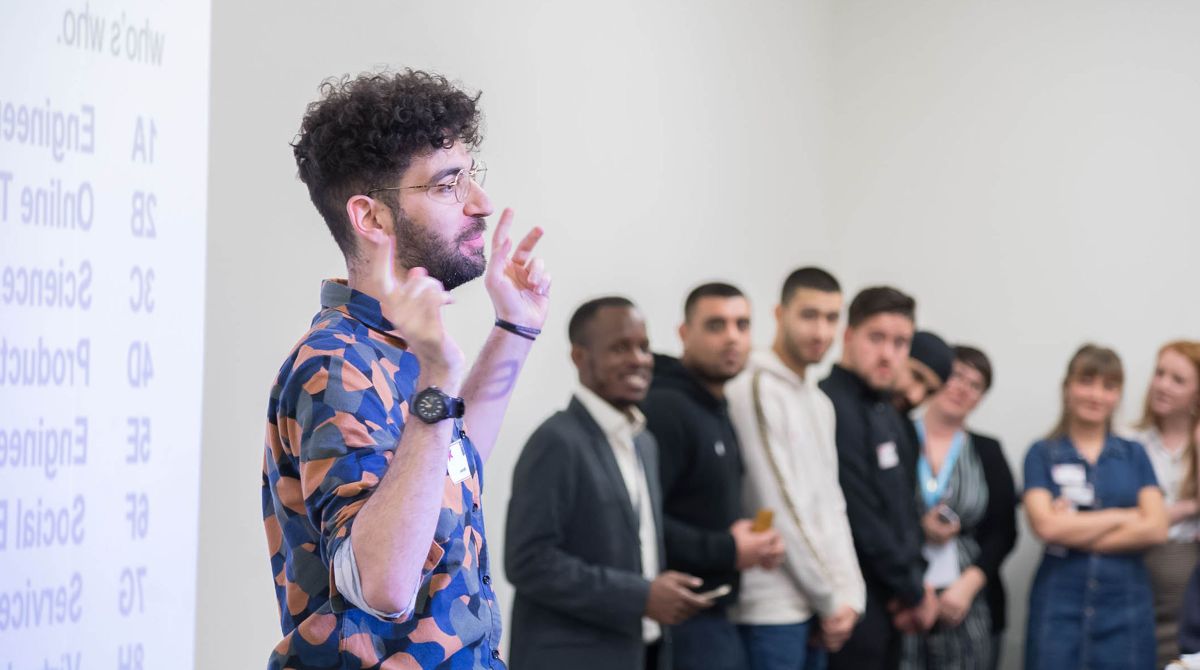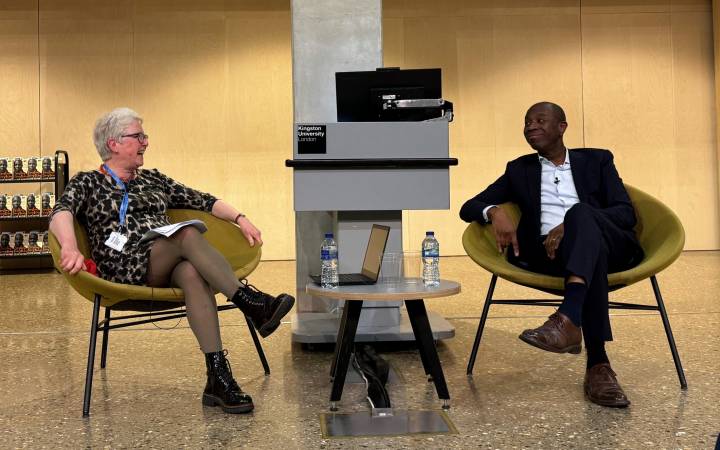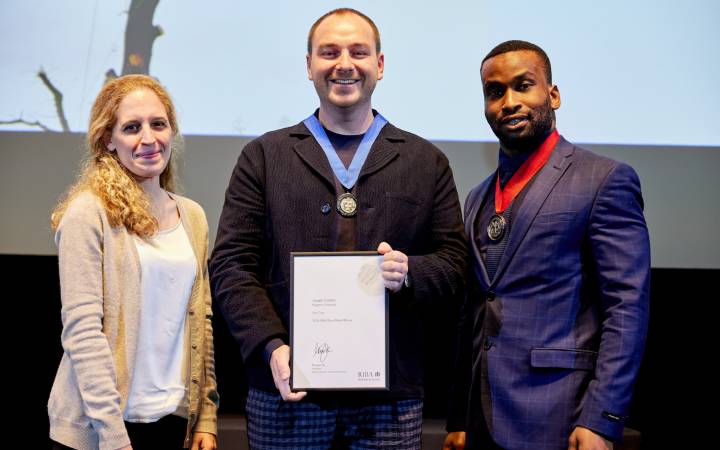Kingston University tops UK for graduate start-ups in latest HE-BCI rankings
Posted Thursday 16 June 2022
 Kingston University's Bright Ideas competition is among the support programmes for enterprising students
Kingston University's Bright Ideas competition is among the support programmes for enterprising students
Kingston University has been ranked number one for graduate start-ups out of all higher education institutions in the United Kingdom in the latest Higher Education - Business and Community Interaction (HE-BCI) survey.
The HESA HE-BCI survey, which gathers data on UK universities' engagement in the economy and knowledge exchange, found that the University supported 298 graduate start-ups in the year 2020-21, placing it in the top spot ahead of the Royal College of Art. Long held in high regard for its expertise in enterprise education, Kingston University is consistently ranked as having one of the highest number of graduate start-ups in the UK – a position it has maintained for the past decade.
The University's Head of Enterprise Education, Dr Martha Mador, said its enterprise activities encouraged students' creativity and ingenuity, and to apply their specialist knowledge and skills to real-world problems. This was key for preparing students to enter the workforce, equipped with key attributes such as problem solving, critical thinking, communication, adaptability and creativity, which remain among the core skills most valued by employers as evidenced in the University's Future Skills report, which has just been released.
"From Kingston University's Future Skills research, which surveyed 2,000 business leaders and 1,000 students, it's clear employers want graduates who can come up with creative solutions to problems," Dr Mador said. "That's what entrepreneurs do – they identify something that's not quite right, then come up with a solution. The two things together make the opportunity, and help drive business innovation," she said.
Kingston University is well known for supporting students to develop business ideas, with initiatives such as the HackCentre, through which they create solutions to real-world problems for companies who supply a brief, the Bright Ideas competition, where students' product concepts are pitched to a panel of industry leaders and alumni, and the Nest, which supports entrepreneurial students after graduating.
One of the fledging companies supported through the Nest programme is DaoLondon – an African-inspired urban fashion brand created by Kingston Business School graduate Paule-Carine Dao. The business venture received funding from The Enterprise Circle, a group of alumni who give to Kingston University to support student start-ups.
Paule-Carine is developing DaoLondon alongside her day job at a marketing agency. "Paule-Carine has found customers across the UK and internationally, as far afield as the United States of America. An idea that has started in Kingston has gone on to become an international business, which is such an achievement," Dr Mador said.
The latest HE-BCI survey was carried out between 2020-21, when the nation was still experiencing lockdowns due to the Covid-19 pandemic. Support for students taking part in enterprise activities continued during this period with facilitators taking the events online – enabling high profile business leaders, some of whom were alumni, to connect with students from right around the world.
Pro Vice-Chancellor for Knowledge Exchange and Innovation Dr Martin Davies said the national survey had once again shown Kingston University was leading the way across the sector for its commitment to supporting graduates. "By nurturing entrepreneurial mindsets, we are not only giving students the confidence they need to start a business, but also helping them develop the long-term skills and adaptability employers value," he said.
The HE-BCI survey showed a 16 per cent year-on-year increase in the number of start-up companies founded by UK graduates in 2020-21. A total of 2,078 new patents were granted to higher education providers during that time, up from 2,027 the previous year.
- Find out more about Kingston University's Future Skills campaign, highlighting the importance of skills for innovation and the vital role they play in driving a thriving national economy
Contact us
General enquiries:
Journalists only:
- Communications team
Tel: +44 (0)20 8417 3034
Email us



